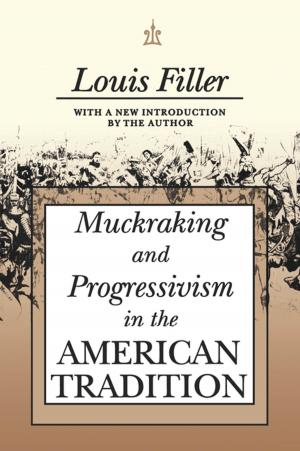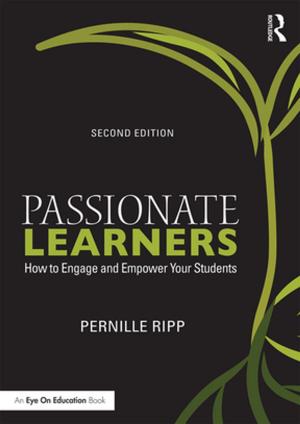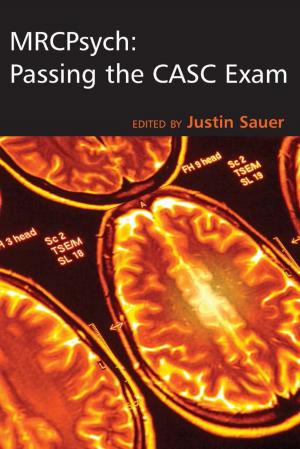Crime-Terror Alliances and the State
Ethnonationalist and Islamist Challenges to Regional Security
Nonfiction, Social & Cultural Studies, Political Science, Politics, Law Enforcement| Author: | Lyubov Grigorova Mincheva, Ted Robert Gurr | ISBN: | 9781135132101 |
| Publisher: | Taylor and Francis | Publication: | January 3, 2013 |
| Imprint: | Routledge | Language: | English |
| Author: | Lyubov Grigorova Mincheva, Ted Robert Gurr |
| ISBN: | 9781135132101 |
| Publisher: | Taylor and Francis |
| Publication: | January 3, 2013 |
| Imprint: | Routledge |
| Language: | English |
This book examines the trans-border connections between militant and criminal networks and the relationship between these and the states in which they operate.
"Unholy alliances" is a term used to describe hybrid trans-border militant and criminal networks that pose serious threats to security in Europe and elsewhere. Identity networks provide the basis for militant organizations using violent strategies – insurgency and terrorism – for political objectives. To gain funds and weapons militant networks may establish criminal enterprises, or align with existing trans-border criminal and financial networks.
This book extends the concept of unholy alliances to include the trans-state criminal syndicates that arise in failed and dysfunctional states, exemplified by Serbia and Bulgaria during their post-Communist transitions. To deal with this complex and unconventional subject, the authors develop a theoretical framework that looks at four kinds of factors conditioning the interaction between the political and the criminal: trans-state identity networks, armed conflict, the balance of market opportunities and constraints, and the role of unstable and corrupt states. The volume also examines actors at two levels of analysis: the structure and activities of militant (and/or criminal) networks, and the policies of state actors that shape and reshape the interaction of opportunities and constraints.
This book will be of much interest to students of terrorism, insurgency, transnational crime, war and conflict studies, and IR in general.
This book examines the trans-border connections between militant and criminal networks and the relationship between these and the states in which they operate.
"Unholy alliances" is a term used to describe hybrid trans-border militant and criminal networks that pose serious threats to security in Europe and elsewhere. Identity networks provide the basis for militant organizations using violent strategies – insurgency and terrorism – for political objectives. To gain funds and weapons militant networks may establish criminal enterprises, or align with existing trans-border criminal and financial networks.
This book extends the concept of unholy alliances to include the trans-state criminal syndicates that arise in failed and dysfunctional states, exemplified by Serbia and Bulgaria during their post-Communist transitions. To deal with this complex and unconventional subject, the authors develop a theoretical framework that looks at four kinds of factors conditioning the interaction between the political and the criminal: trans-state identity networks, armed conflict, the balance of market opportunities and constraints, and the role of unstable and corrupt states. The volume also examines actors at two levels of analysis: the structure and activities of militant (and/or criminal) networks, and the policies of state actors that shape and reshape the interaction of opportunities and constraints.
This book will be of much interest to students of terrorism, insurgency, transnational crime, war and conflict studies, and IR in general.















